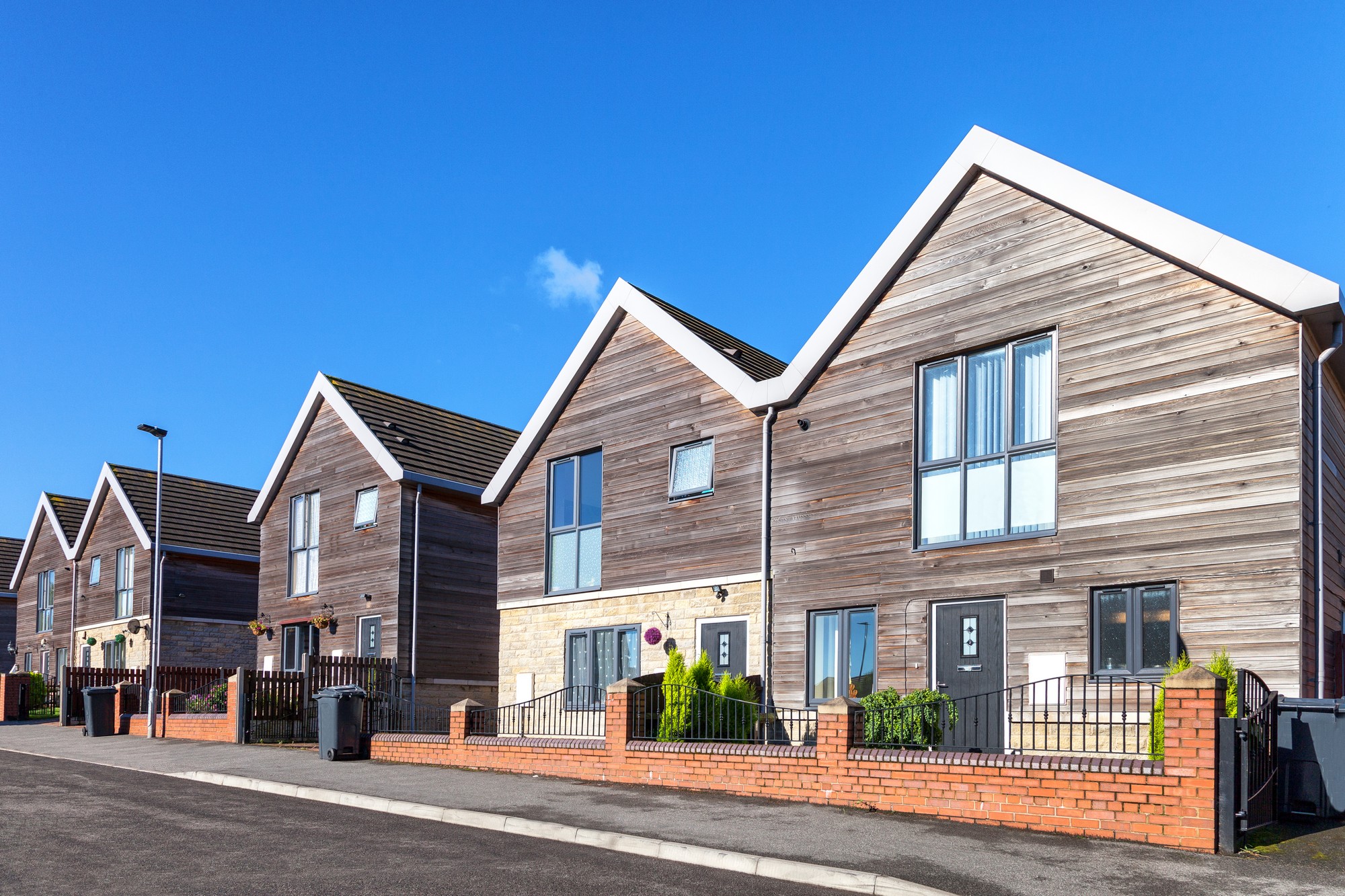
Are you wanting to expand your investment portfolio by purchasing a residential rental property? If you make the right choice, investing in real estate can be both thrilling and rewarding. However, income and benefits aside, real estate investing might be intimidating for a first-time investor.
Investing in real estate is similar to searching for a diamond in the rough. You want it to look decent, but not so good that the price becomes excessive, and not so poor that it requires extensive work.
Most real estate search results prioritise attractive properties over fixer-uppers. As a result, you may need to seek outside the most common search strategies. Along with the internet, consider traditional networking and drive-bys.
By networking within the sector, you can learn about properties that have not yet been offered for sale. The more people who understand what you’re searching for within your investing network, the more eyes and ears you’ll have on the ground. This group comprises real estate brokers and property managers, as well as private lenders and even other investors.
Driving through leisurely but strategically located neighbourhoods can also go a long way. Fill up the gas tank, choose the neighbourhoods in which you wish to invest, and take the road. Homes that exhibit indications of suffering or neglect are frequently the finest buys. Consider piled-up newspapers, lawn garbage, and an exterior in need of TLC.
What kind of property?
Your choice of property will be determined by your budget, your objectives, the market, and your intended use of the property. There are a number of advantages and disadvantages to investing in single-family homes and condominiums.
Purchasing apartments rather than single-family homes may force you to contend with uncertain condo fees and a more difficult search for financing that must match particular criteria. For example, traditional lenders require that at least 50% of total units in a development be inhabited by purchasers of primary residences or second homes.
For beginners, the greatest investment property is typically a single-family residence or an apartment. Apartments require little maintenance because the building association handles outside repairs, allowing you to deal with the interior. Apartments, on the other hand, often command lower rentals and appreciate at a slower rate than units.
Single-family houses and subdivision lots typically attract renters for a longer period of time. Families or couples are occasionally seen to be better tenants than single persons, as there is an assumption that families are financially secure and pay their rent on time.
However, there are some advantages to investing in apartments rather than units. Apart from being more inexpensive, condos are typically located in trendy, desired neighbourhoods where a scarcity of available land limits the availability of single-family homes.
Buying
Banks’ financing criteria for investment properties are more stringent than for permanent residences. They reason that when times are rough, people are less likely to risk their houses than they are to jeopardise a commercial property. Prepare to pay a down payment of at least 30% to 40% of the purchase price, including closing charges. Have the property inspected completely by a professional and have everything reviewed by a real estate lawyer prior to signing.
Don’t forget to purchase adequate insurance. Renter’s insurance covers the tenant’s personal items, but the landlord is responsible for the structure, therefore insurance may be more expensive than for a comparable owner-occupied home. Mortgage interest, insurance, and depreciation on the property are all tax deductible to a certain extent.
Keep in mind that while selecting a rental property, it’s critical to look for one that provides a positive return and matches your investment objectives, such as capital gain or yield. Where you purchase will have a significant role in this. If you’re interested in learning more about how to expand your real estate empire and make your mortgage work for you, contact our professional broker today.






